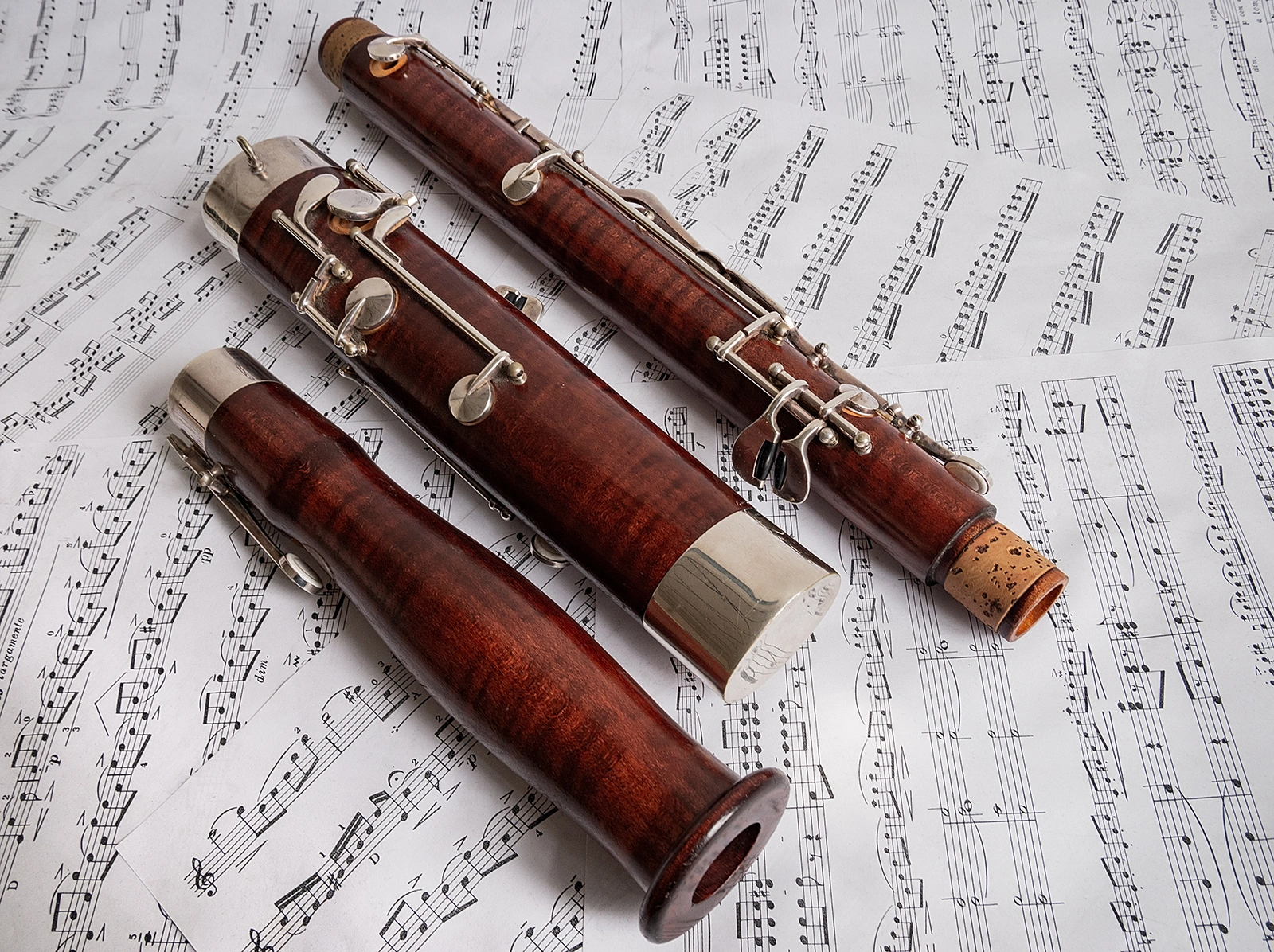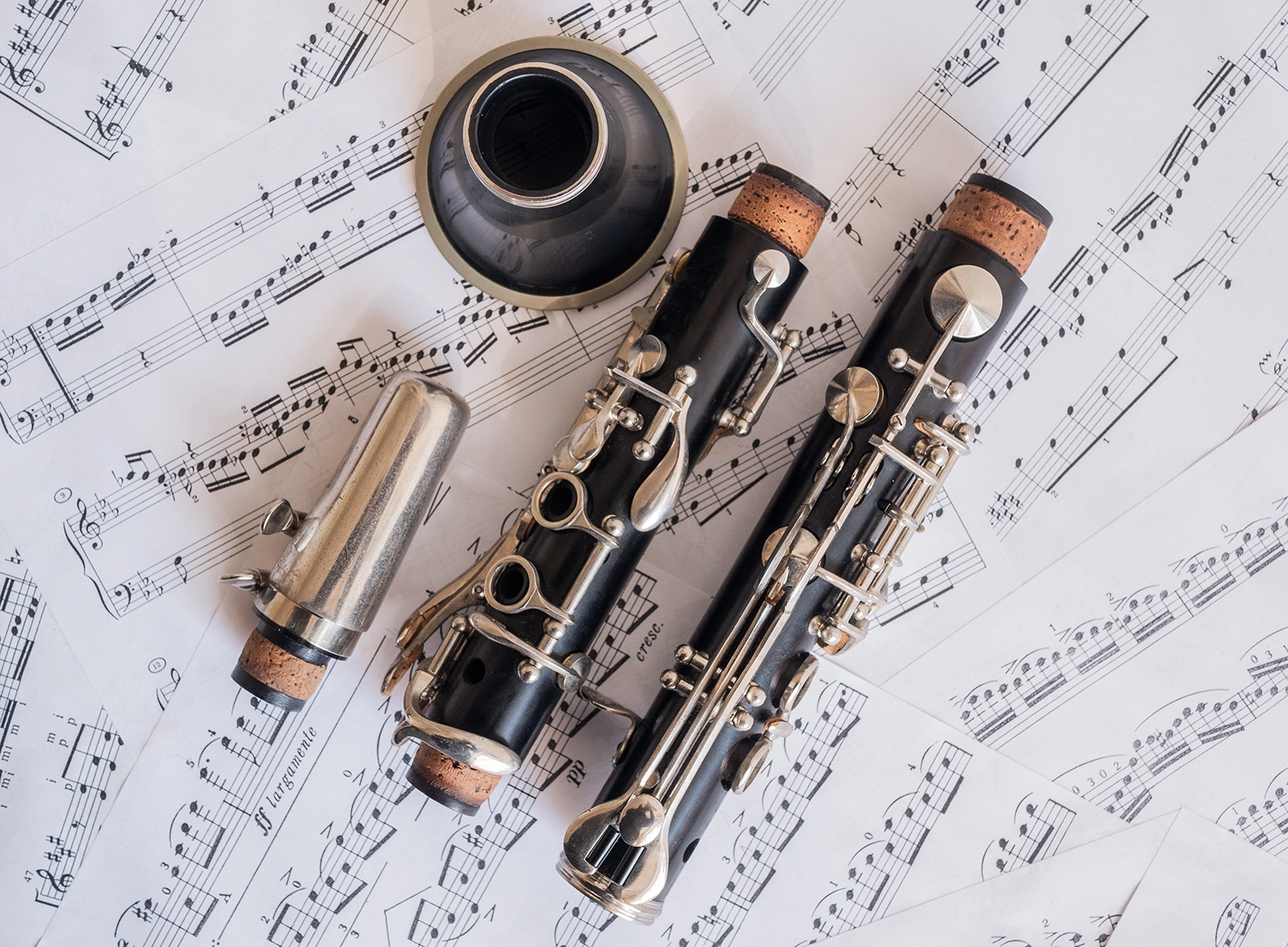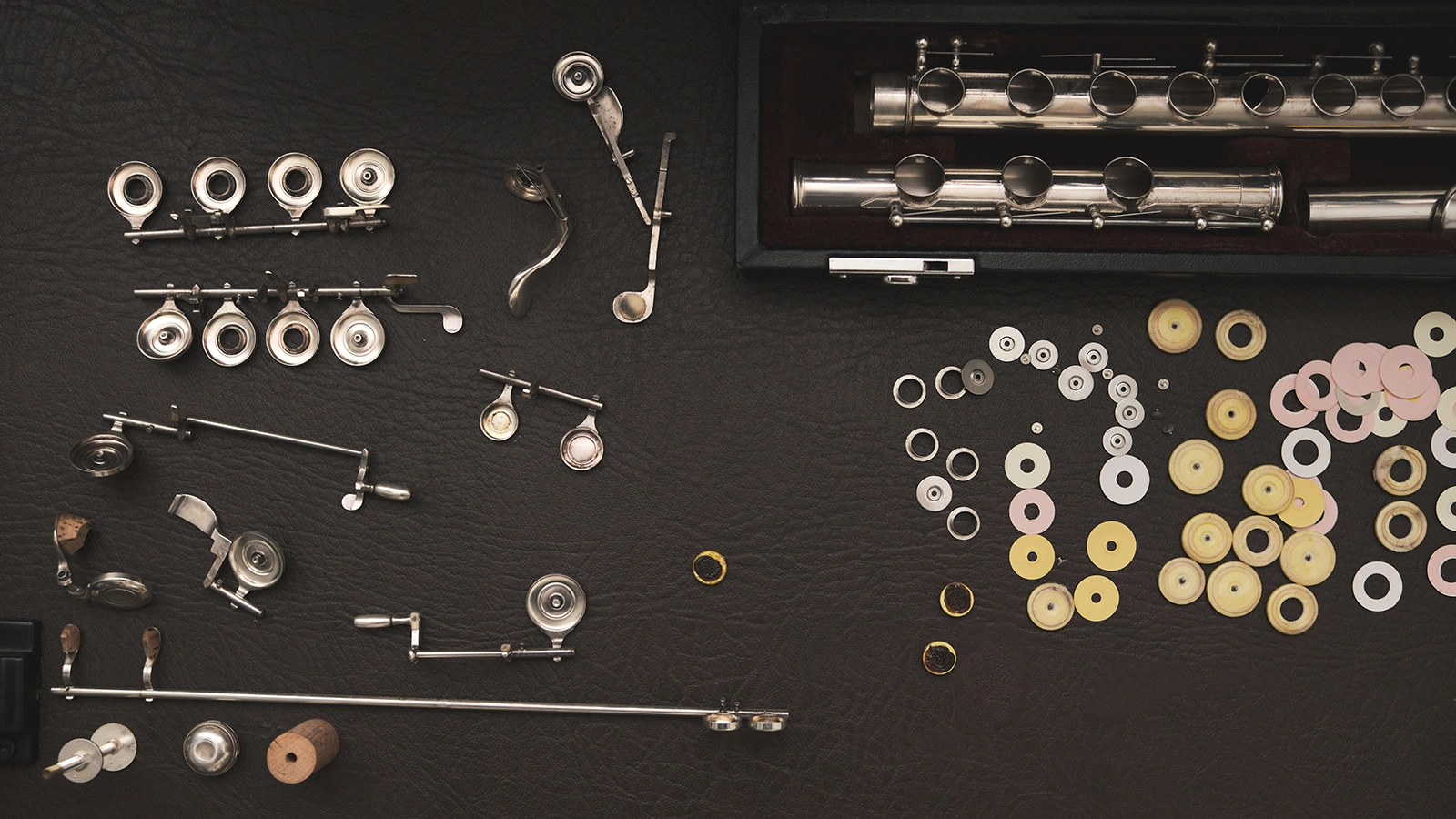The flute is a delicate and intricate instrument that requires regular maintenance to keep it in top condition. As a flute player, it’s essential to take care of your instrument and ensure that it is always in the best possible shape. In this article, we will explore the importance of flute repair and maintenance and provide tips on how to keep your flute playing beautifully.
Why is Flute Repair and Maintenance Important?
Like any instrument, the flute requires regular maintenance to keep it functioning properly. The flute is made up of several delicate parts, including the headjoint, body, foot joint, keys, and pads. Each of these parts needs to be kept in good condition to ensure that the flute plays well and sounds its best.
Over time, these parts can become damaged, wear out, or develop problems that affect the instrument’s sound quality. For example, the pads may become worn or damaged, the keys may become bent or misaligned, or the headjoint may become loose or develop leaks. These issues can affect the flute’s tone, intonation, and playability.
Regular flute repair and maintenance can help prevent these issues from developing and keep your flute in top condition. Here are some of the benefits of flute repair and maintenance:
Better sound quality: A well-maintained flute will produce a clear, consistent sound with good intonation. By contrast, a poorly maintained flute may produce a muffled, off-key sound that is difficult to play.
Improved playability: A flute that is well-maintained will be easier to play, with smooth keys and pads that respond accurately. This can help you play more accurately and with less effort.
Longer lifespan: Regular maintenance can help extend the lifespan of your flute by preventing damage and wear. This can save you money in the long run by reducing the need for expensive repairs or replacement.
Better resale value: If you decide to sell your flute, a well-maintained instrument will command a higher price than one that has been neglected.
Tips for Flute Maintenance
Here are some tips for maintaining your flute and keeping it in top condition:
Clean your flute regularly: Regular cleaning is essential for keeping your flute in good condition. Use a flute cleaning kit to remove dirt, oil, and grime from the keys, pads, and body. Be sure to follow the instructions carefully and avoid using harsh chemicals that can damage the instrument.
Oil the keys: The keys are a critical part of a flute and require regular oiling to function properly. Use a high-quality key oil and apply it to the keys as needed. Be sure to wipe away any excess oil to prevent it from collecting dust or debris.
Check the pads: The pads are another critical part of the flute and require regular inspection. Check the pads for wear or damage, and replace them as needed. If the pads are dirty or sticky, clean them with a pad cleaning paper.
Check for bent or misaligned keys: Inspect your flute regularly for bent or misaligned keys. Even minor damage can affect the instrument’s sound quality and playability. If you notice any damage, take your flute to a qualified repair technician for assessment and repair.
Store your flute properly: Proper storage is essential for keeping your flute in good condition. Store your instrument in a case to protect it from dust, dirt, and other debris. Avoid exposing your flute to extreme temperatures or humidity, as this can cause damage to the instrument.
Have your flute professionally serviced: Regular maintenance is important, but there are some tasks that should only be performed by a qualified repair technician. For example, if your flute needs adjustments to the headjoint or body, or if it develops leaks, take your flute to a professional for repair. They can assess the problem and perform the necessary repairs to get your flute playing beautifully again.
Keep your flute in tune: Flutes can go out of tune over time, so it’s essential to keep your instrument in tune to ensure good intonation. Use a tuner to check the pitch of your flute regularly and make adjustments as needed. If you are unsure how to tune your flute, ask a qualified music teacher or repair technician for assistance.
Avoid damaging your flute: Flutes are delicate instruments that can be easily damaged if mishandled. Avoid dropping or bumping your flute, and be careful when assembling or disassembling the instrument. If you are unsure how to properly assemble your flute, ask a qualified teacher or repair technician for guidance.
In summary, regular flute repair and maintenance are essential for keeping your instrument in top condition. By following these tips, you can keep your flute playing beautifully and enjoy many years of musical enjoyment. If you have any questions about flute maintenance or repair, don’t hesitate to contact a qualified repair technician for guidance.




